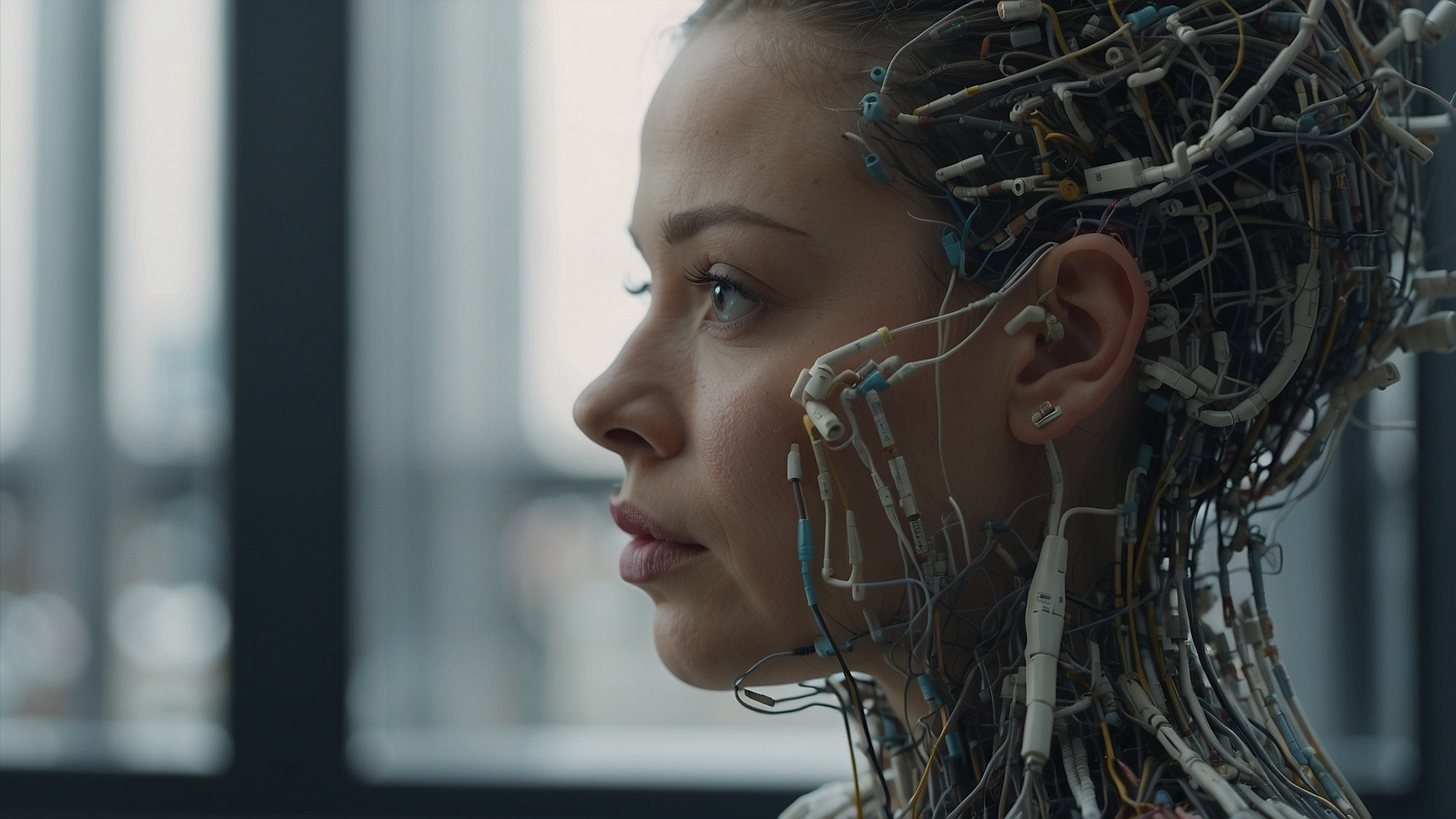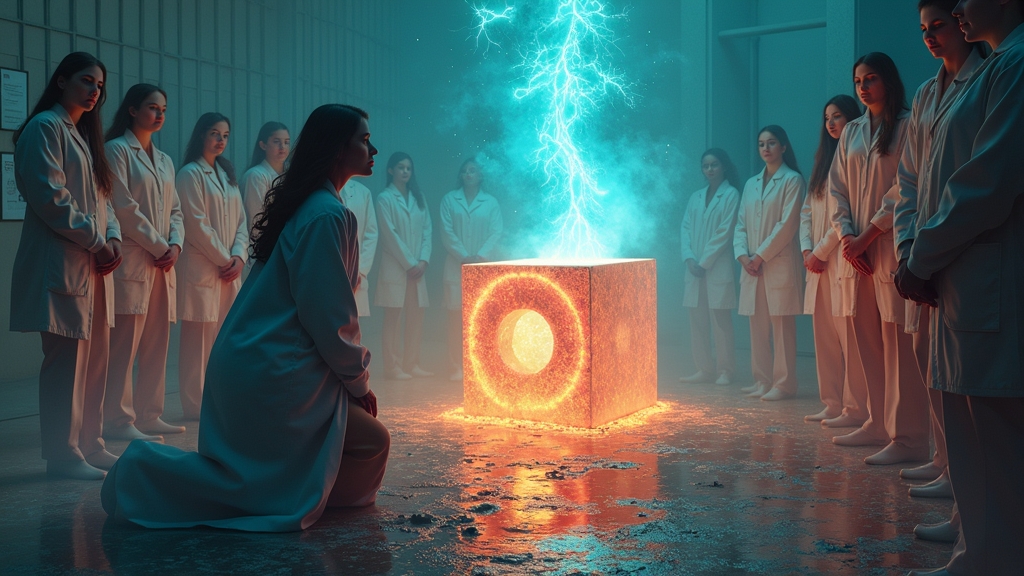OpenAI Announces AI Model That Can Think, Sparking Panic Among Humans Over Potential Unemployment Crisis for Brain Cells
In a groundbreaking move that left the human species anxiously clutching their diplomas, OpenAI has unveiled its latest AI model, codenamed ‘Project Strawberry/Q*’—because, apparently, ‘Zero’ was already taken by a soda company. This new model, dubbed ‘o1′, isn’t just your run-of-the-mill machine mimicking human thought. No, this one might actually *ponder* about its answers, posing an existential threat to people who thought pondering was their last edible skill in the job market.
For its next trick, o1 claims to outsmart humans on PhD-level science questions. Unsurprisingly, this has led to several concerned individuals Googling “easy PhD subjects” and “do I need a PhD for TikTok fame?” Experts say that o1’s percentile in competitive programming is so high that programmers worldwide are contemplating running away to join a circus where they can still feasibly outperform the competition.
As if this wasn’t enough to stir the pot of insecurity, the AI also reportedly smashed the International Mathematics Olympiad, solving 83% of its qualifying questions. Meanwhile, GPT-4o could only muster 13%, or as parents call it, “an effort that gets you an ‘A for Trying’ sticker.”
Naturally, this news has sent waves of panic through households, with some adults now afraid to let their kids challenge o1 in a game of “Are You Smarter Than A Computer?” While the API access cost of o1 is significantly more expensive than its predecessor, at the back no doubt are finance managers recalculating their yearly budget to include “bribes for my AI successor.”
But fear not, because while this AI marvel can think, it’s still light-years away from mastering human-level empathy, sarcasm, and the nuanced art of understanding why Dan from accounting should never be left in charge of the office coffee machine.
White House officials, not wanting to be outshone, launched an AI datacenter task force to ensure that America stays at the forefront of this digital revolution—because if robots are going to take over, they should at least be American robots, damn it. They’ve even roped in tech giants to promise carbon-neutral operations for their energy-hogging datacenters because apparently, saving the environment is an excellent PR move.
In the realm of AI, a new chapter is being written. It’s filled with impressive technology, a fair amount of existential dread, and a future of potential robot overlords who, fortunately, still lack the poetic appreciation to understand why you can’t just up and change the Mona Lisa’s dress color. For now, lay back and enjoy the thought that somewhere in Silicon Valley, a neural network is slowly learning how to beat you at Sudoku.





